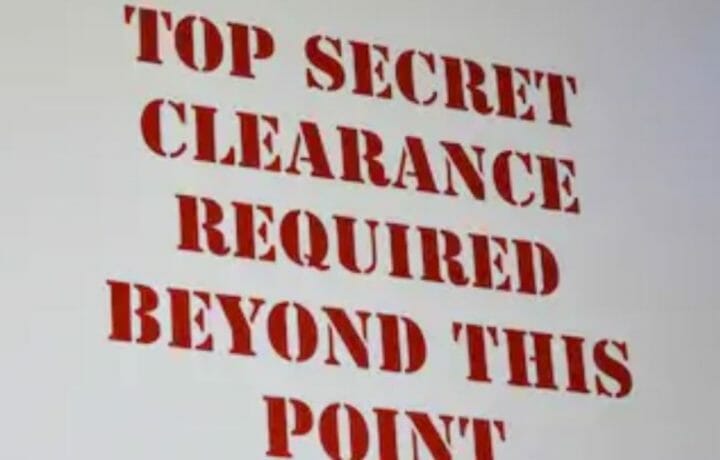The security clearance levels are tied to eligibility requirements for a specific position on a contract or government mission. If you held SCI access in the past, you should have been “read off” once you left the role. And now maybe you’ve found a good rhythm at a company where the contract is at the Secret level. What happens to your TS?
Will Your TS Be Downgraded if You are only in a secret job?
One ClearanceJobsBlog subscriber asks:
“So I recently got my top secret clearance awarded after waiting for 6 years. The issue is I want to avoid moving for the next 1–2 years due to family issues and found a remote secret level job I’d love to work in the meantime. Would having the secret level job for a few years (under 5) retain my top secret level clearance? The main difference here is I haven’t been signed/briefed onto a project, so I don’t get that 2 year clearance hold that other people get.
I have talked to a security officer that said it would drop to secret because if you don’t use it you lose it. A second security officer said that the clearance follows the person and even if I get a clearance that’s only secret, my clearance will remain top secret for 5 years.
Does anyone know what would happen? Would signing onto a secret level project allow me to retain top secret clearance even if it’s my first project?”
It is possible to keep Top Secret eligibility in a job that only requires a Secret clearance. Reciprocity and reducing redundant security clearance investigations are cornerstones of security clearance reform efforts and have renewed emphasis under Trusted Workforce. With a recently adjudicated Top Secret clearance investigation, it shouldn’t matter if the individual moved into the job requiring it – assuming the investigation remains current. Policy dictates that timeframe to be two to soon to be three years, but after that timeframe a new investigation is required.
Occasionally some government customers might do an audit and direct that certain people not currently needing TS be “administratively” downgraded; you don’t “lose” the clearance, you can be reinstated quickly if the need arises.
A frequent background investigator on the blog notes:
“The clearance stays with the position, not the person. It seems like splitting hairs but it is an important distinction. You will need put in for a Secret clearance by your new sponsor. If it is the same company…they likely will just carry you at the TS clearance and you can utilize and work with “up to and including” TS. If it is a new company altogether, they will put you in for a Secret clearance. If you leave the old company they will end sponsorship of the TS or should end sponsorship. So it isn’t really correct to say you get “downgraded,” though I understand what you are saying.”
This question was posed from a subscriber at ClearanceJobsBlog.com, where you can read and discuss government security clearance process, how to get a security clearance job, and background investigations issues.
Much about the clearance process resembles the Pirate’s Code: “more what you’d call guidelines than actual rules.” This case-by-case system is meant to consider the whole person, increase process security, and allow the lowest-risk/highest-need candidates to complete the process. This article is intended as general information only and should not be construed as legal advice. Consult an attorney regarding your specific situation.




